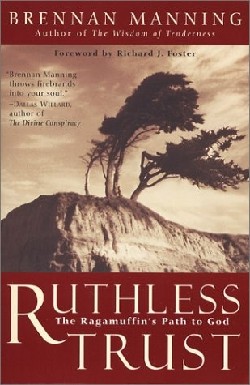2 Samuel : Davids Heart Revealed
$12.99
David is known as Israel’s greatest king, but he was certainly not a super-hero. He had to fight many difficult battles to establish his throne, and when he did become king, he committed murder, adultery, and brought disaster on his family. He was a man with all-too-human failings who was far from perfect, yet he was also a man after God’s own heart. David depended on God’s grace for forgiveness when he stumbled-the same grace that is available to us today.
In this study, John MacArthur guides readers through an in-depth look at the historical period beginning with David’s struggle to establish his throne, continuing through his sin and repentance, and concluding with the tragic rebellion of his son Absalom. Studies include close-up examinations of Joab, Amnon, Tamar, Absalom, and others, as well as careful considerations of doctrinal themes such as “Obedience and Blessing” and being a “Man After God’s Own Heart.”
The MacArthur Bible Studies provide intriguing examinations of the whole of Scripture. Each guide incorporates extensive commentary, detailed observations on overriding themes, and probing questions to help you study the Word of God with guidance from John MacArthur.
in stock within 3-5 days of online purchase
SKU (ISBN): 9780718034740
ISBN10: 0718034740
John MacArthur
Binding: Trade Paper
Published: March 2016
MacArthur Bible Studies
Publisher: HarperChristian Resources
Related products
-
And The Two Became One Journal
$16.50HARDCOVER, COPTIC BOUND JOURNAL: Allows book to lay completely open when flat for ease of use
192-LINED PAGES: Journal measures 6.5 x 8.5 x 0.75-inches
BECOME ONE: White with gold foil print; reads “And the two shall become one”
INCLUDES 8 ALTERNATING PHRASES: Each page has a different message about marriage, relationships and love
Add to cartin stock within 3-5 days of online purchase
-
-
Ruthless Trust : The Ragamuffins Path To God
$14.99We are made for the love of God, and nothing less will ever satisfy us. In his acclaimed bestseller, The Ragamuffin Gospel, Brennan Manning showed us the powerful truth that the divine gifts of love is ever present for us regardless of the state of our lives. Now in this challenging sequel, he turns to our primary obstacle to living fully within this divine love — the lack of “ruthless trust.”
Through rich stories and deep insights, Manning shows us how true and radical trust can transform everything in our lives. No matter where we are on our path of discipleship, he offers encouragement to shed the limitations of fear, shame, and doubt through complete reliance upon God. The way of Ruthless Trust is not an abstract theory; it is that very practical and demanding path that each of us must follow in response to God’s love.
Add to cart1 in stock (additional units can be purchased)
-
Be Kind Journal
$9.99SKU (UPC): 0612978553527Binding: OtherPublished: August 2021Publisher: Kerusso
Add to cart1 in stock

















Reviews
There are no reviews yet.